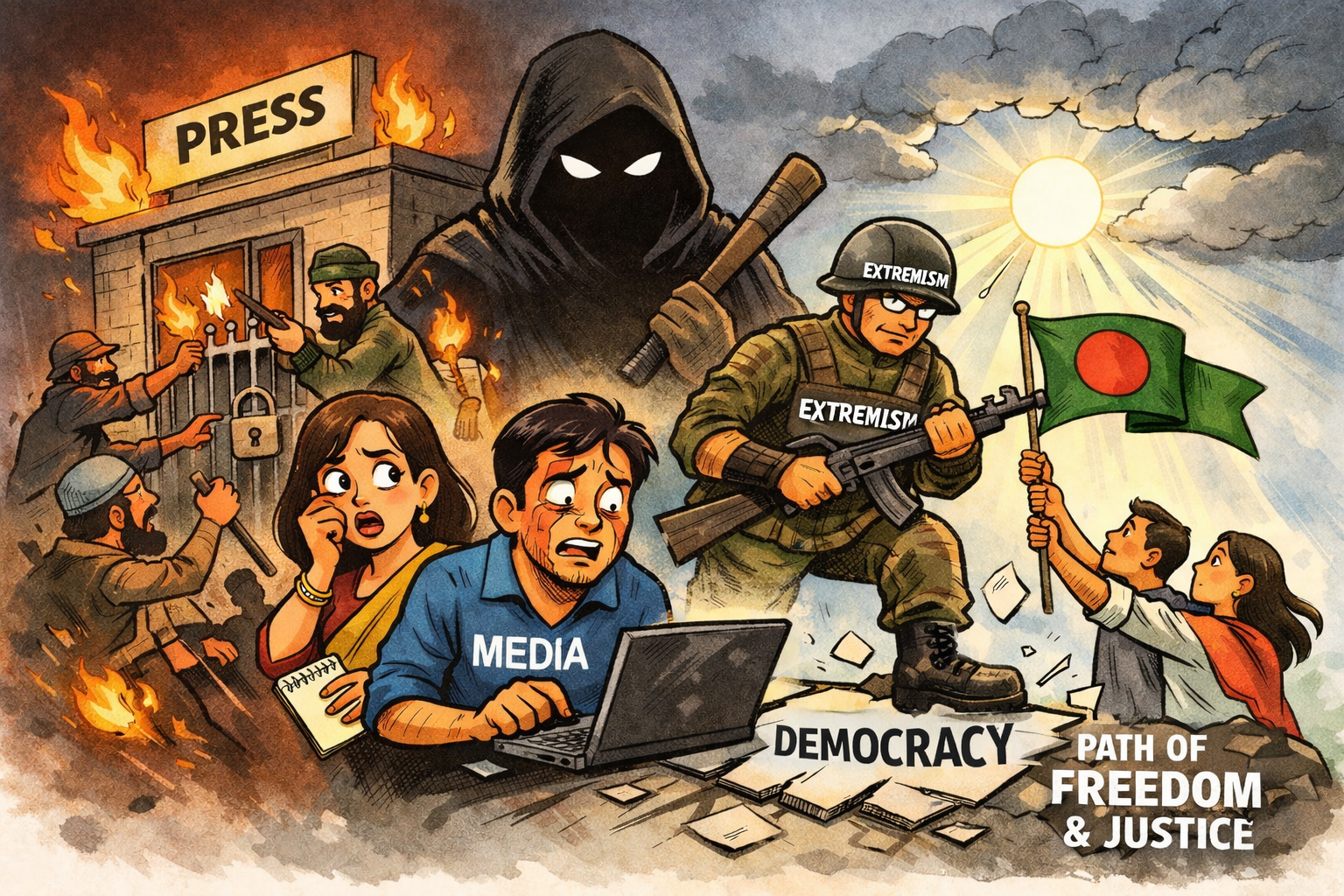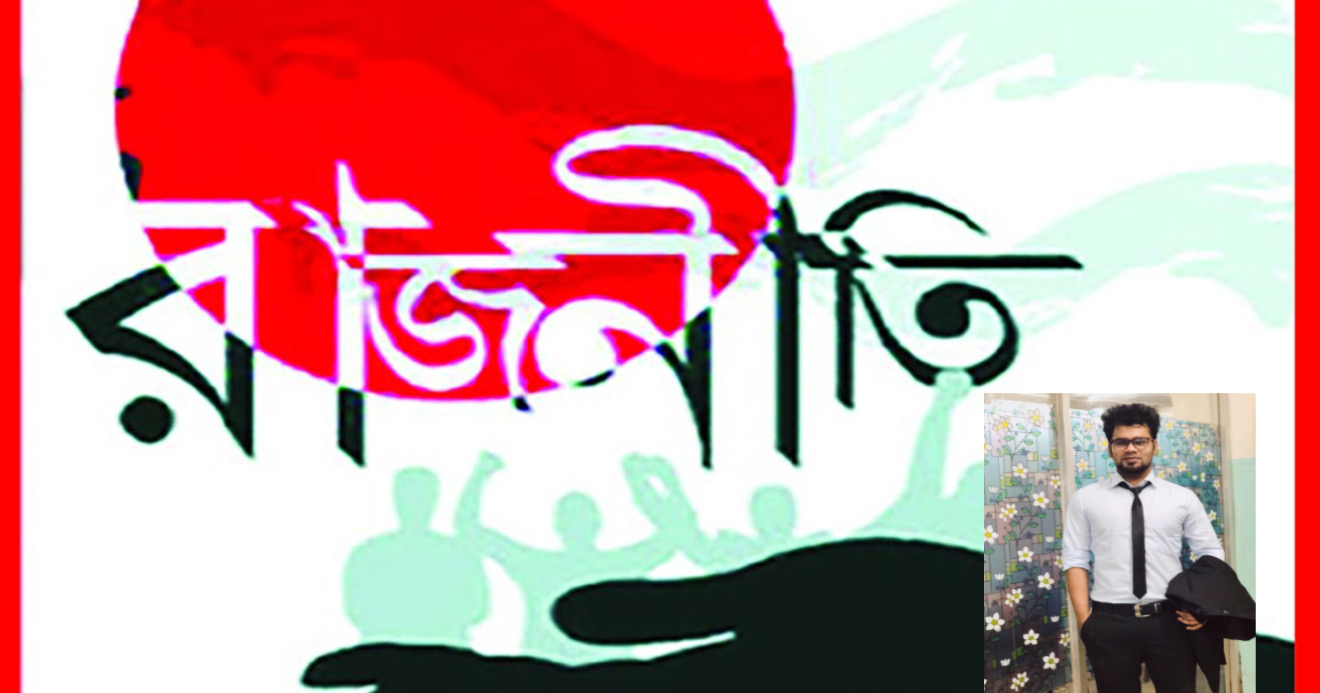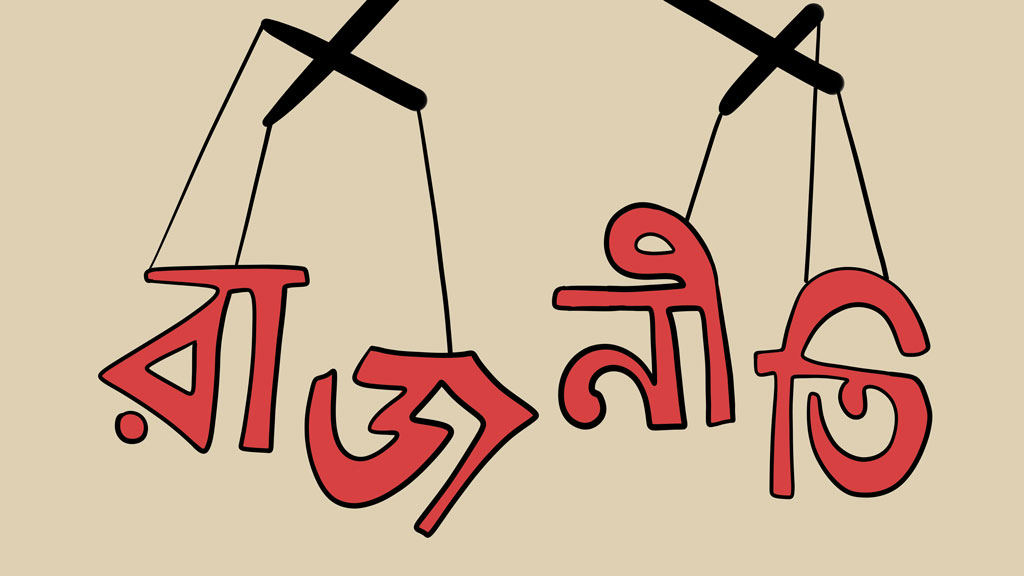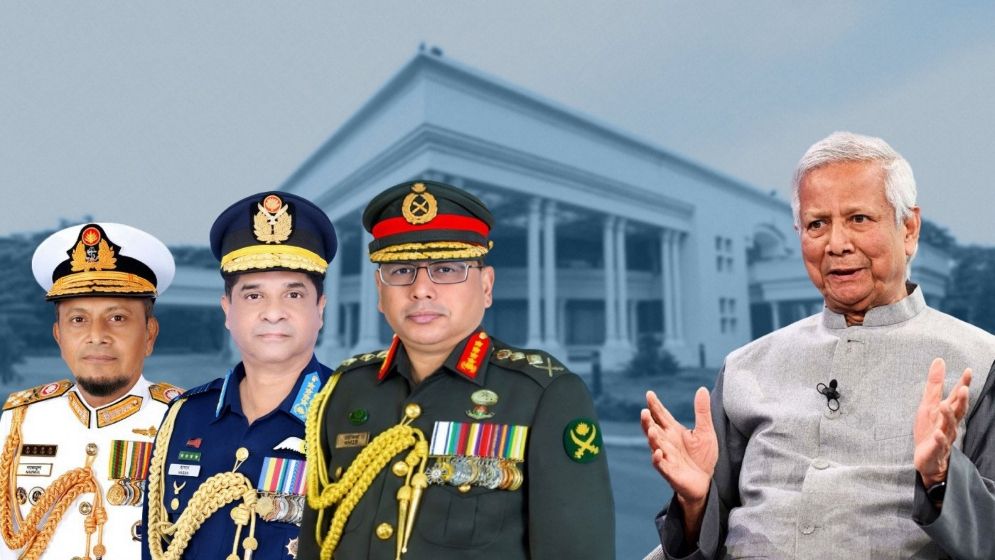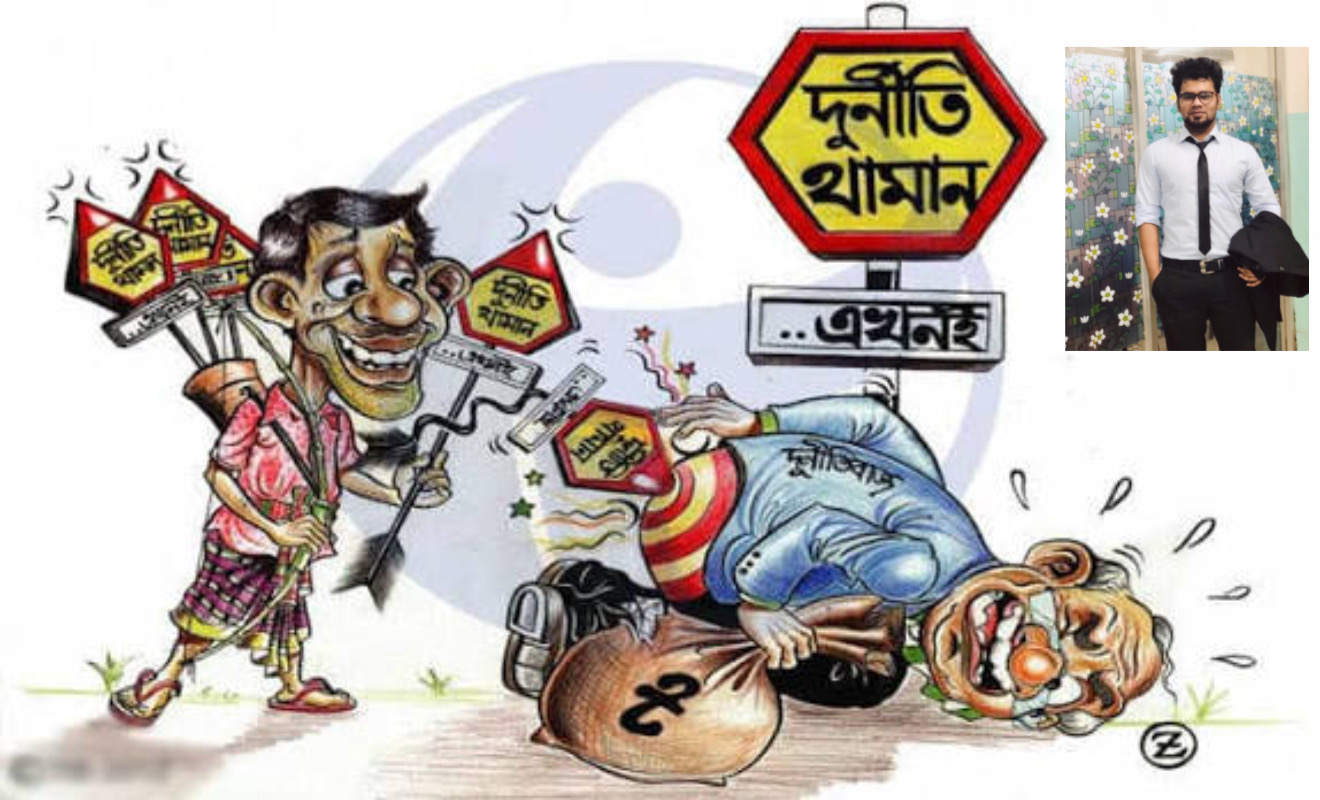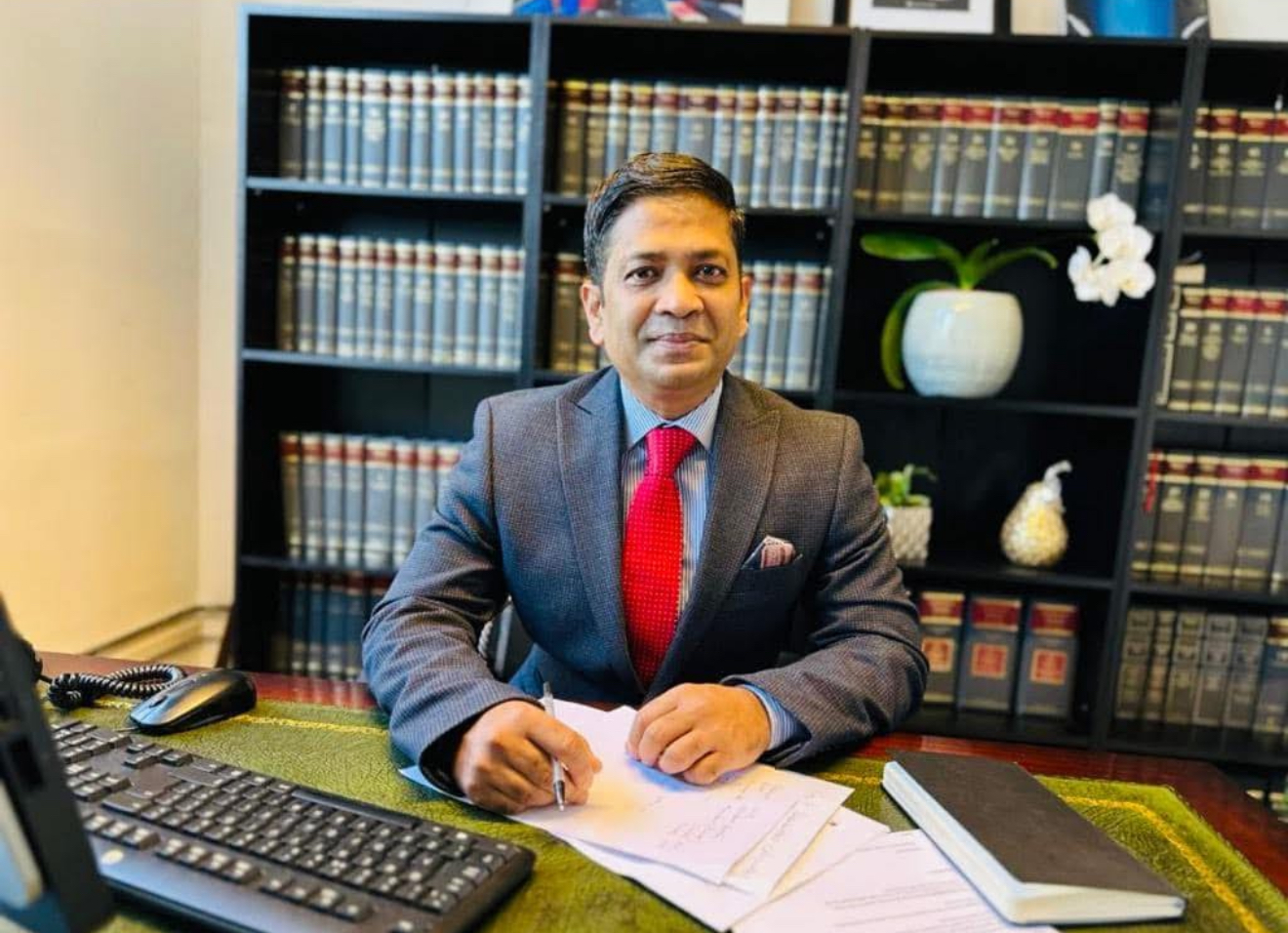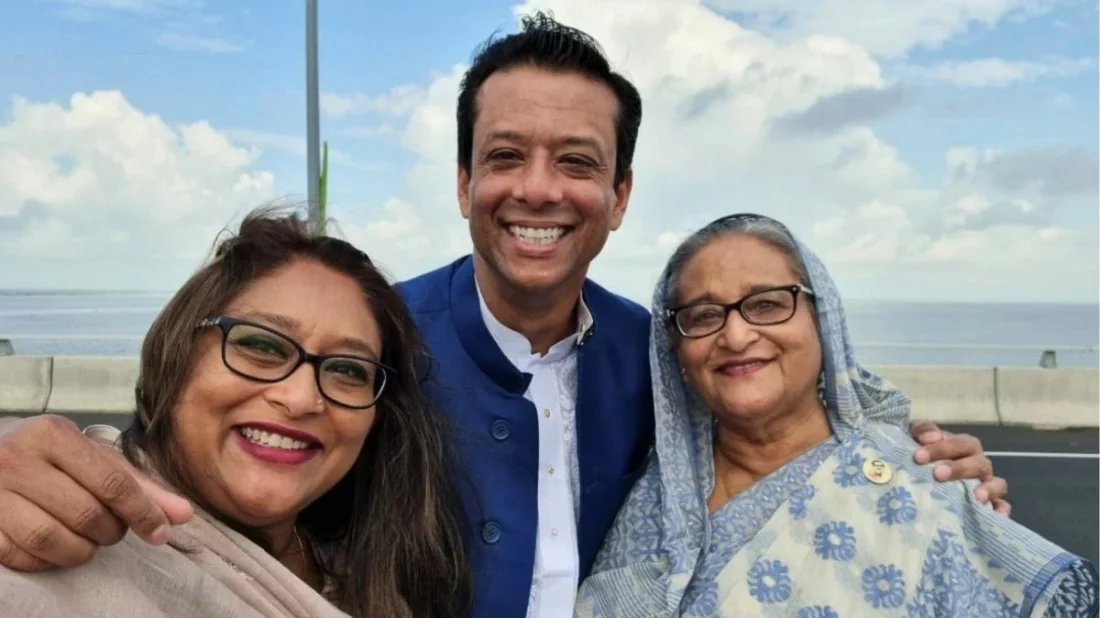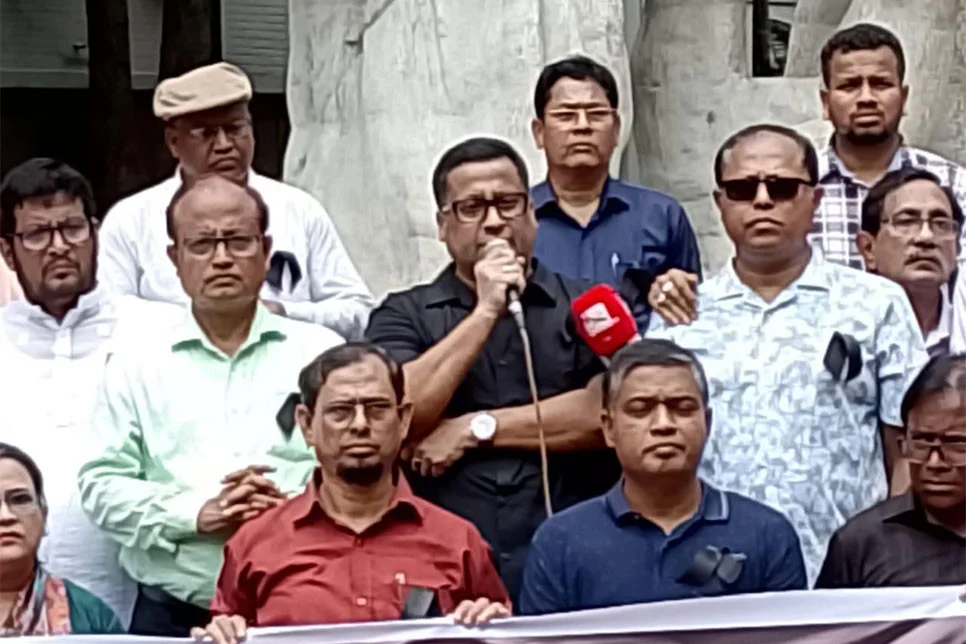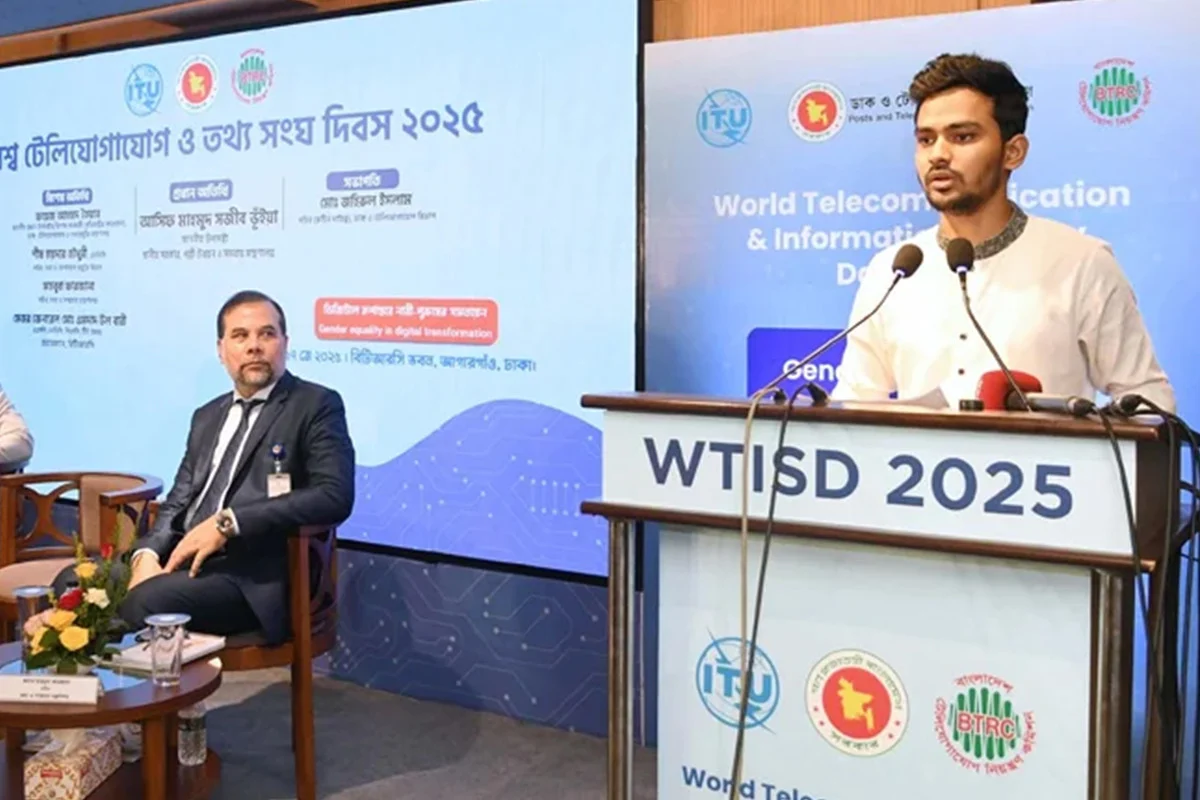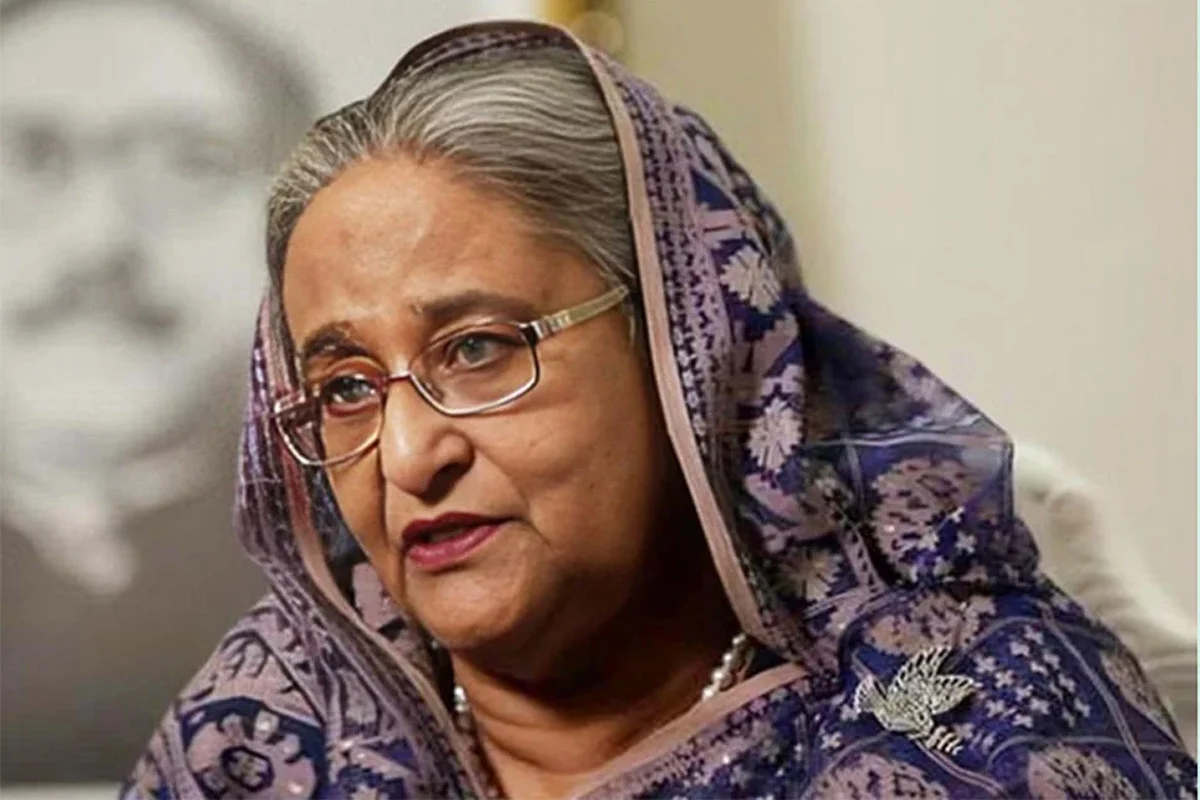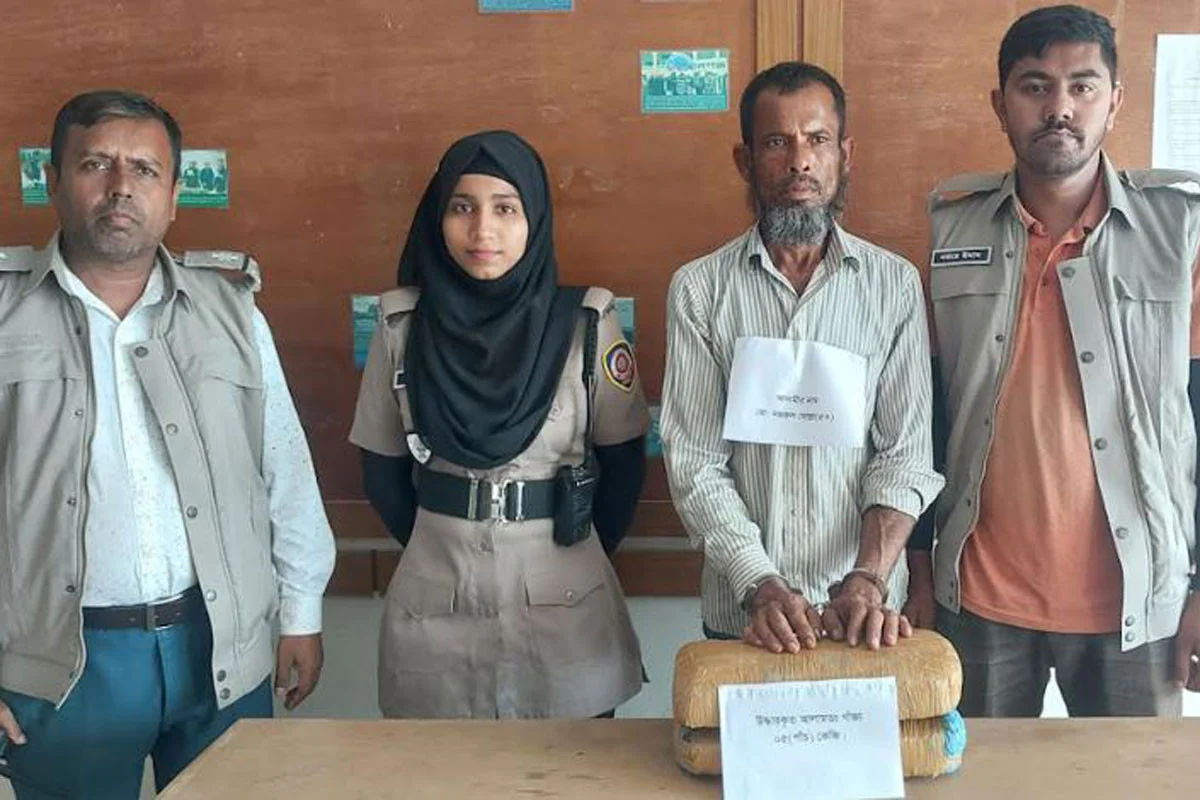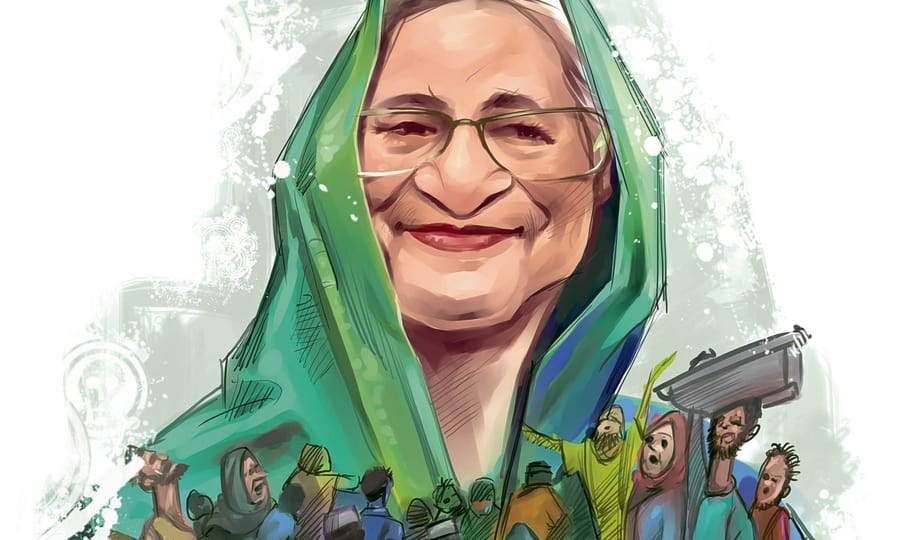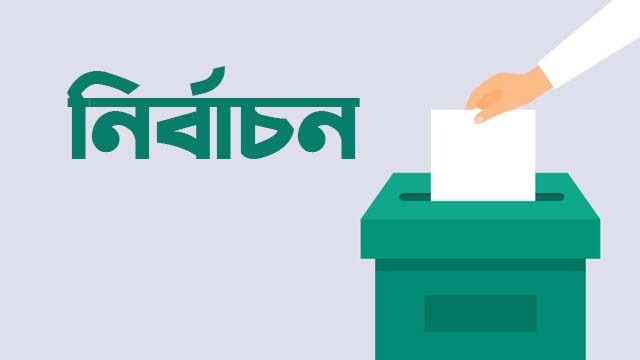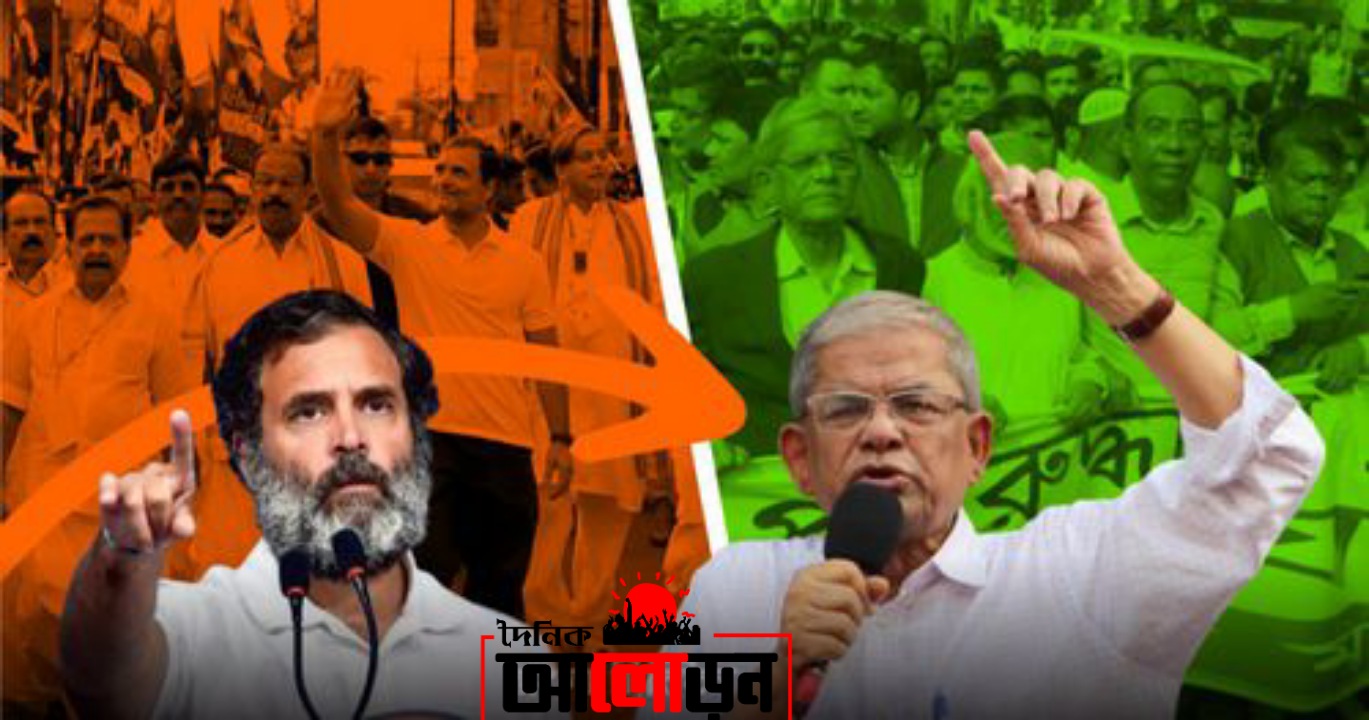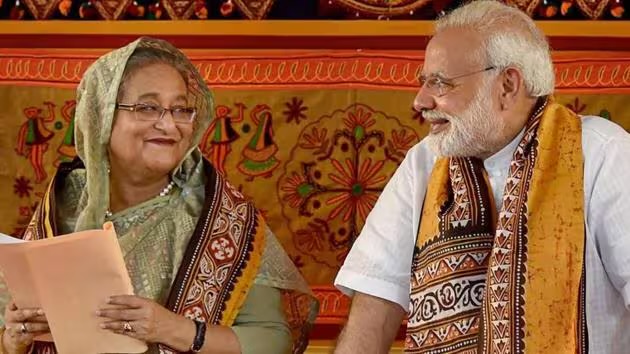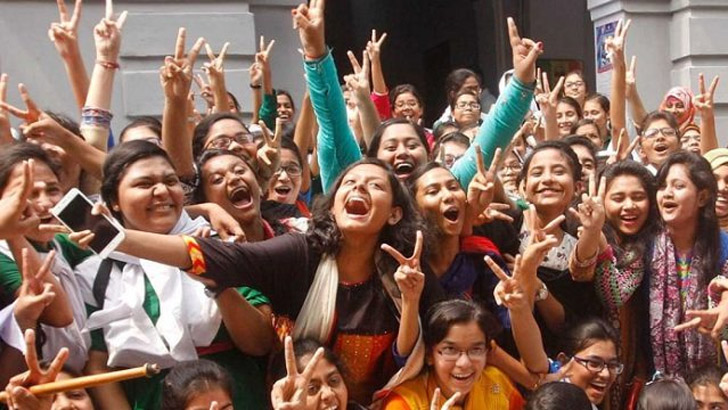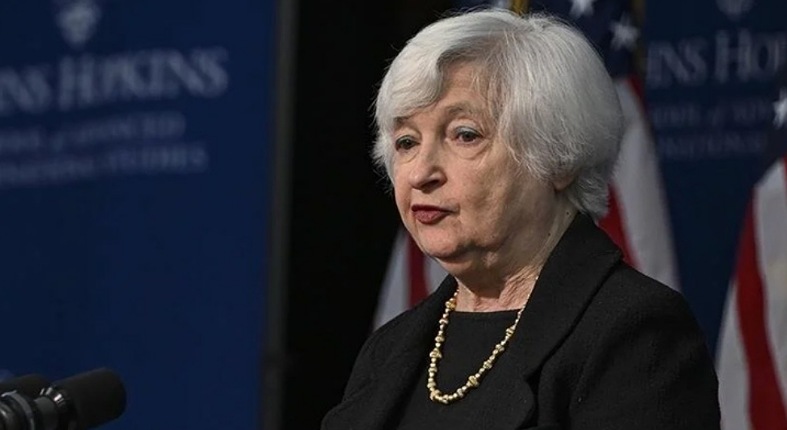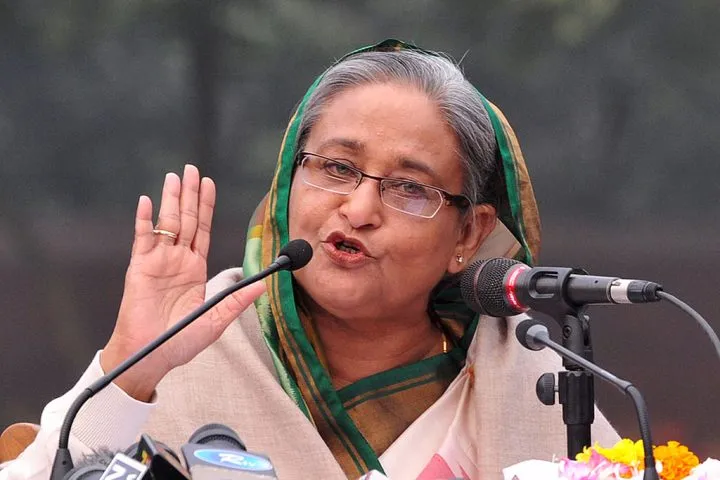
Reporter, Apurbo Ahmed Jewel : Sheikh Hasina, the Prime Minister of Bangladesh, has been ranked as the world’s poorest leader by the international research organization ‘Statistics International’ based in Singapore. According to the report, Sheikh Hasina is considered the poorest leader in the world based on analysis of election methods, citizens’ democratic rights, independence of the judiciary, rule of law, freedom of speech and individual liberties, and the security of citizens’ lives and property.
The report evaluates government leaders globally based on these criteria and ranks Sheikh Hasina as the poorest leader, followed by the war-torn Syrian President Bashar al-Assad and the North Korean President Kim Jong-un in second and third place, respectively.
Although Bangladesh is known globally as a democratic state, the report argues that due to Sheikh Hasina’s power ambitions, the country has lost its democratic character. The report notes that the situations in Syria and North Korea are entirely different from Bangladesh. The ongoing civil war in Syria, not focusing on the well-being of the people, and various countries getting involved due to their self-interest have led to a prolonged conflict resulting in loss of lives, displacement, and instability.
On the other hand, North Korea lacks democracy, and the country is under the harsh rule of President Kim Jong-un. However, despite being recognized as a democratic state worldwide, Bangladesh has lost its democratic character due to Sheikh Hasina’s power hunger, as per the report.
The report also mentions that Sheikh Hasina’s government in Bangladesh has formed a cabinet without the people’s vote. Even before the elections, 154 representatives were selected as members of parliament. All levels of the judiciary, including the Supreme Court, are under Sheikh Hasina’s control. Most of the population and representatives of civil society believe that the government has destroyed the country in terms of governance. The report highlights the lack of media freedom in the country, and civil society criticizes Sheikh Hasina’s authoritarian rule.
The report, spanning 203 pages, also discusses the Rohingya issue. While nearly seven lakh Rohingya refugees have sought shelter in Bangladesh after facing persecution in Myanmar, Sheikh Hasina, in her public statements, has taken a diplomatic stance regarding Myanmar’s State Counsellor Aung San Suu Kyi. The report suggests that the Rohingya issue, handled cautiously by Sheikh Hasina, has now become a complex matter.
In conclusion, the report raises concerns about how tarnishing a state through issues related to democracy and elections could make it harder for Bangladesh to cope with difficult situations compared to war-torn countries. When asked about the report, Finance Minister Dr. Abul Maal Abdul Muhith responded with skepticism, calling it “I have seen the report, it is totally bogus and rubbish,” and added that he would raise the issue in the next cabinet meeting. He also questioned the existence of such an organization.


